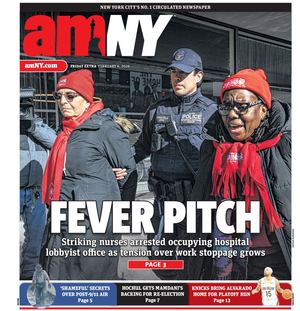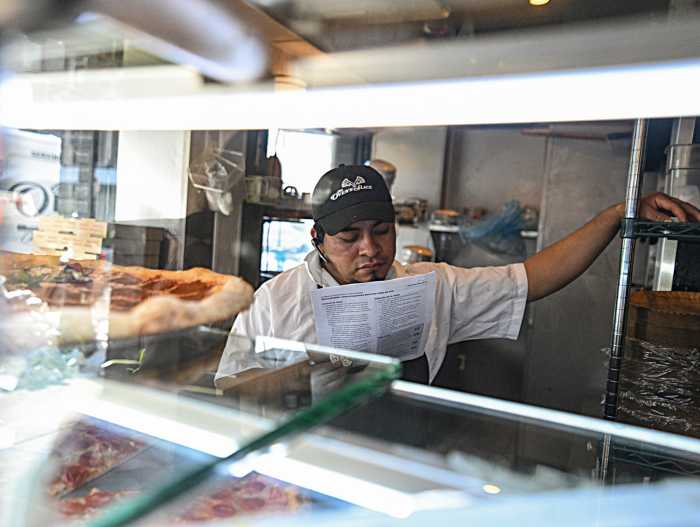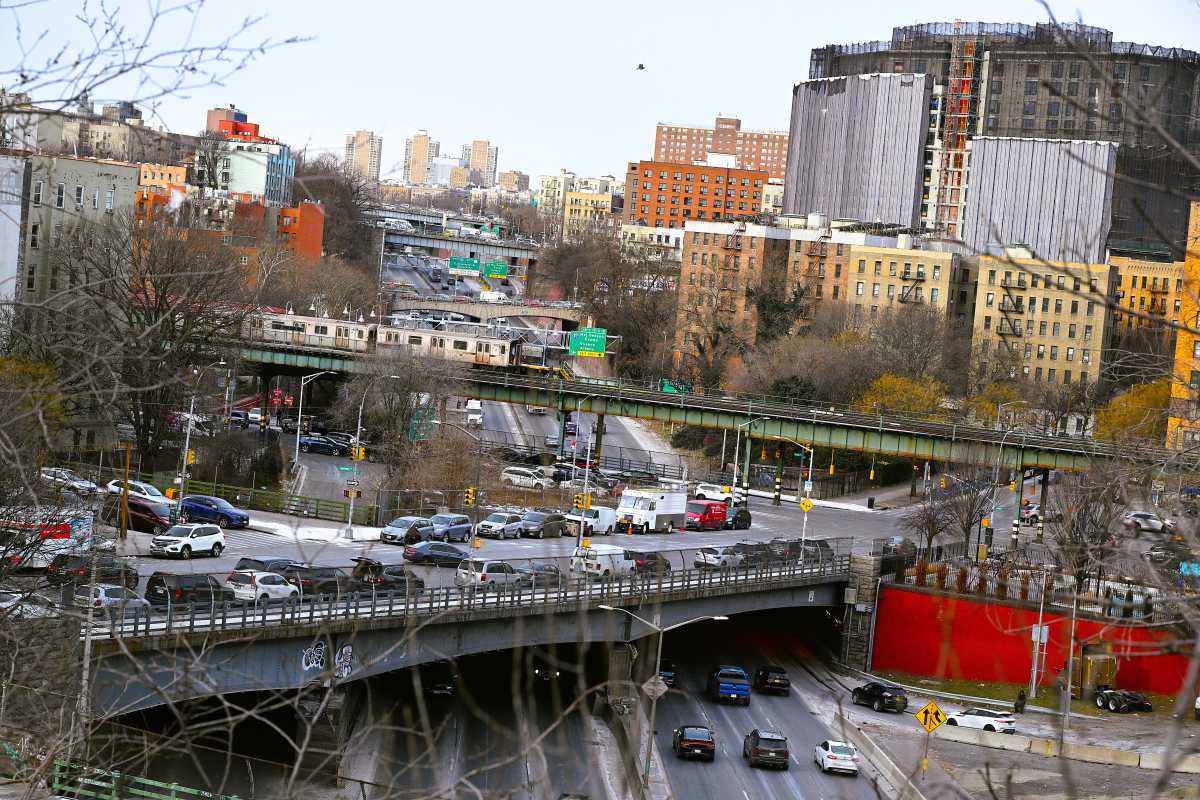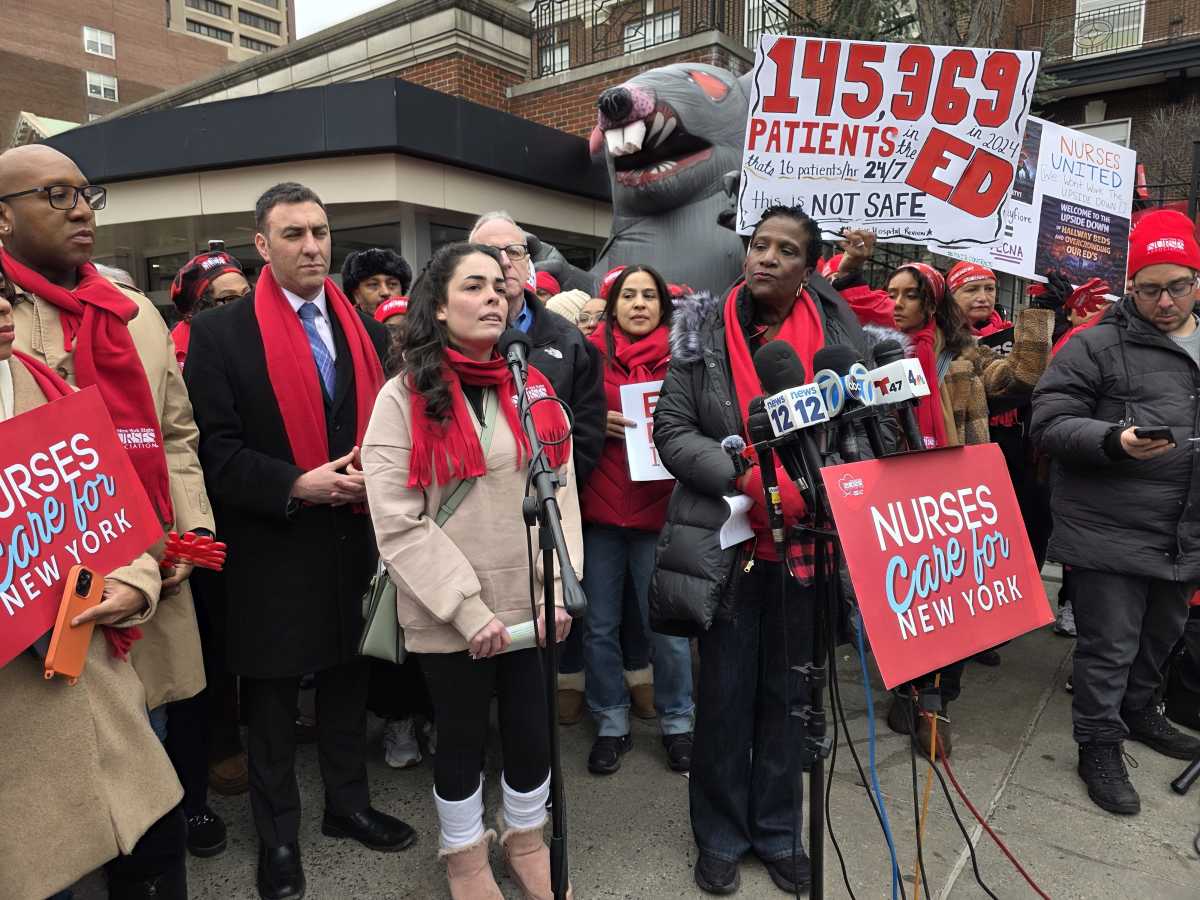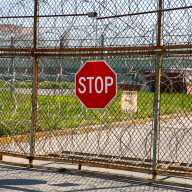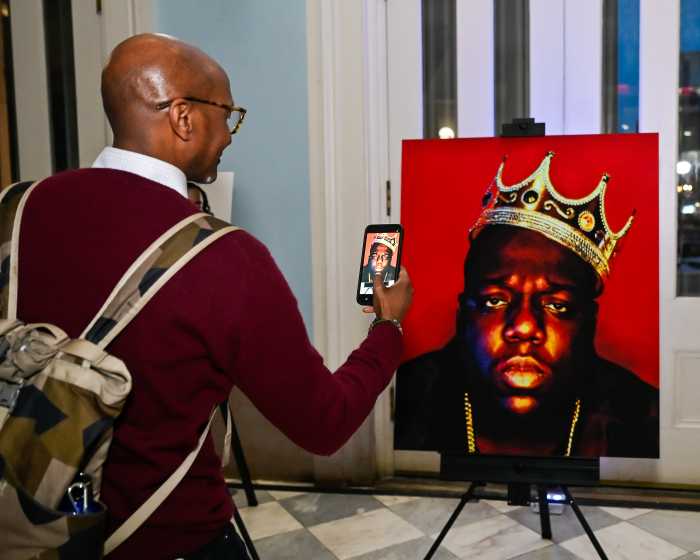Another manager at the historic Chelsea Hotel gets run out of town, and the future of the bohemian landmark is once again called into question.
Since longtime manager Stanley Bard’s ouster in 2007, the Chelsea has endured a turbulent existence: A strident resistance to new management by a very vocal contingent of permanent residents has escalated into an all-out war with the administration — with seemingly no end in sight.
The transition from Bard’s laissez-faire approach to today’s more profit-motivated management style has not been greeted kindly by some longtime tenants fearful that the new guard does not have their best interests at heart.
While some of the more outspoken tenants’ guerrilla tactics have been disgraceful, their ultimate goal is to reclaim some vestige of what originally made the Chelsea such a world-renowned destination by preserving its spirit — i.e., through its freethinking and artistic residents.
The recent shakeup now provides an opportunity for the tenants and managing shareholders to forgive each other for past sins and move forward undivided. The key to ending the impasse requires shareholders Marlene Krauss and David Elder — two of the hotel’s heirs who have been demonized for firing Bard — to bring back a familiar face capable of striking a balance between the two sides.
The return of David Bard, who spent 20 years co-managing the hotel with his father, would go a long way toward improving these strained relations. The Bard family, which owns a majority of the hotel’s shares, has already ceded managerial decision-making power at the hotel. So why don’t Krauss and Elder bring back David as a sign of goodwill to the permanent residents while still executing the same business practices they would only continue to pursue without him?
The hard truth, ultimately weighed in dollars and cents, is that occupancy rates at the Chelsea are way down, while the very structure itself is slowly falling into disrepair. The management team would be better equipped to focus on marketing and renovating the space if tenants ended their assaults, which would likely be the case with David at the front desk.
Even the staunchest opponents of Krauss and Elder claimed they would lay down their arms if a Bard homecoming were to occur. And as the Chelsea inches closer to rock bottom, something radical needs to happen on W. 23rd St. for conditions to improve.
The decision to bring back Bard — what these agitators have desired all along — would represent that radical change, considering past ownership feuds between the Bards and current management. But desperate times call for desperate measures, so it’s time for everyone involved to swallow their pride — and start putting the Chelsea on a path to health and stability.
